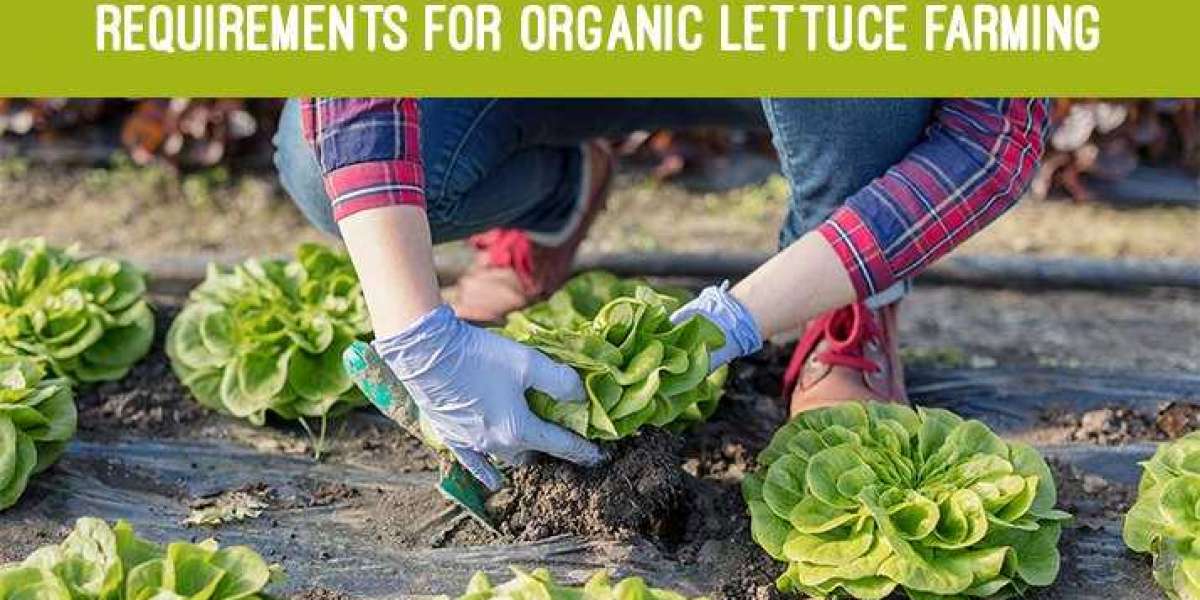With developing India, industries also increase and from that arable land is reducing. This is very dangerous for farming. Because in ancient time land is the compulsory source for farming, without land one can’t do farming. But nowadays this becomes just a myth because of “Vertical Farming”.
Vertical farming is a modern way of agriculture. With time changes, new technology also gets introduced for ease, better productivity and quality products. Without any doubt these technologies boost agriculture. Following Zeno Farm Machinery are showing about Vertical Farming.
What is Vertical Farming?
Vertical farming is a unique concept of growing food in line with Indoor farming, urban agriculture, and controlled agriculture environment. Vertical farming is done in constantly monitored and adjusted factor of productions such as temperature, lighting, nutrients, irrigation and air circulation.
Vertical Farming is growing plants in vertically stacked layers. In vertical farming soil, hydroponic or aeroponic growing methods can be used. Where arable land is less, at those places vertical farming is used. Such places are mountainside towns, deserts and cities grow a different type of fruits and vegetables.
Most of the commercial vertical farms are produced inside buildings, some are in greenhouses, and shading of crops produces unique crops.
Is Vertical Farming Long Lasting?
In most of the states in India, traditional farming is used. But in traditional farming, there are many uncertainties like heavy rainfall, heavy winds and all. These factors damage all the efforts of the farmers which they invest in growing crops. So, all these problems have only one solution i.e. Vertical Farming.
In vertical farming, uses of water and land are minimized and wastage also gets minimized. Additionally, in vertical farming crops are secured from the pests and any other diseases because crops are grown in a controlled environment. So, these qualities of vertical farming are proved that vertical farming is long-lasting.
Is India Needed a Change in Agriculture?
India is a country with a very huge population and India is developing every day. In India industrialization also increases rapidly from which arable land is slightly reducing. Indian population is approx. 1.34 billion and continuously increasing. Due to urbanization, we are losing our land that could be used in farming. Feeding such a huge population is the toughest task.
The answer to this question is “YES”. If it doesn’t happen then Indian agriculture will remain backward. So, Indian agriculture needs a change with developing India.
Methods Used in Vertical Farming
There are three methods used in vertical farming in India which are Hydroponics, Aeroponics, Aquaponics. Following we are describing these three terms. So, let’s have a look.
Hydroponics– In hydroponics foods are growing through water nutrients without soil. By this method, food is secure from soil-related problems such as pests, insects and diseases.
Aeroponics– In Aeroponics method water is used very less. Foods are grown through moist and nutrients. As you know, in vertical farming plats are tie-up with support so on their roots water nutrients are sprayed.
Aquaponics– Aquaponics is a method of combining plants and fishes in the same ecosystem. In this method, fish is grown inside the indoor ponds by providing them with nutrient-rich waste.
Benefits of Vertical Farming
The first benefit of vertical farming is every area is used properly in producing foods.
As you know, in traditional farming food is grown seasonably. And in vertical farming, food is produced throughout the year.
Vertical farming cuts the cost of transportation,increase the usage of peanut sheller machine .
In comparison to traditional farming, 70 to 95% minimum water is used.
In vertical farming, there is no issue of pests and any other diseases because in this method 90% or no soil is used.
Organic food is produced in vertical farming as it is free from pesticides and air pollution.





